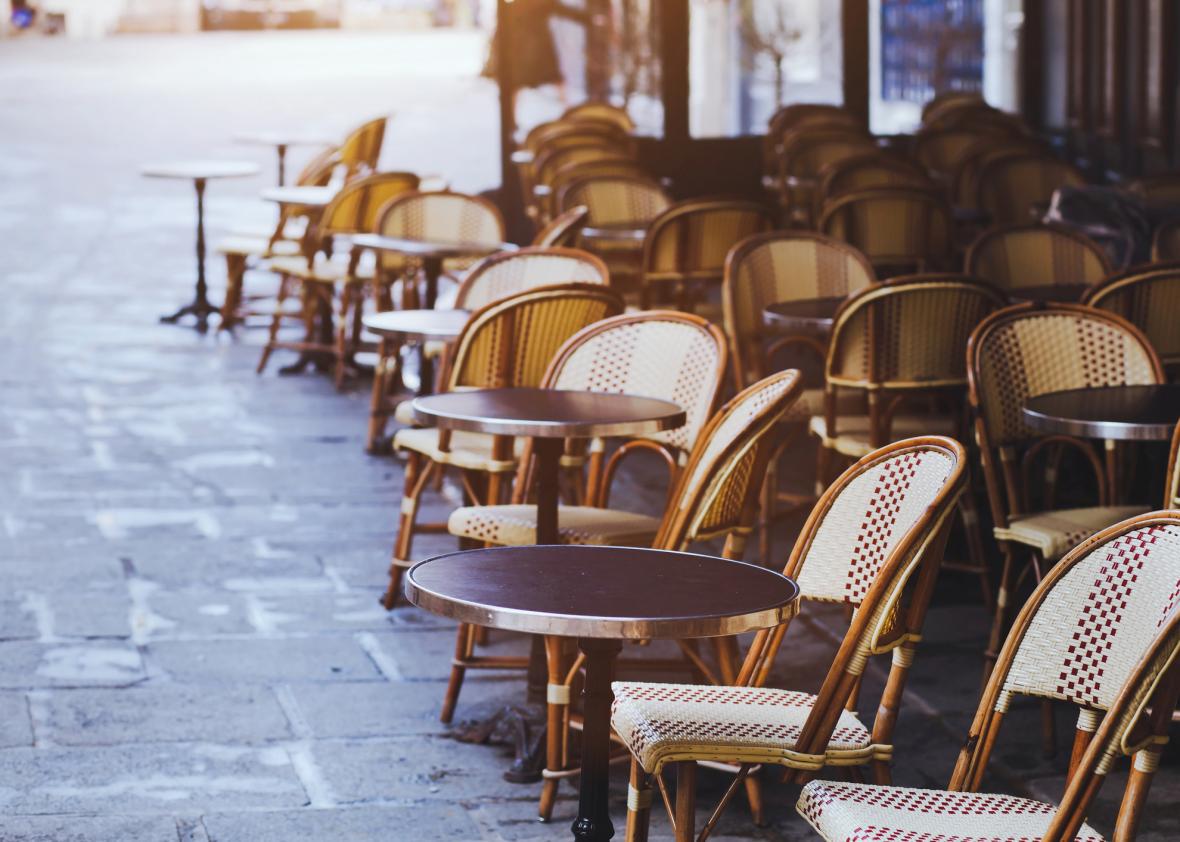There are two types of places in this world: Places where the sun rises early, and places where the sun sets late. It’s a distinction that echoes our familiar dichotomy between morning people and night owls. And it turns out that morning places, like morning people, tend to get more sleep, be at work earlier, and make more money.
That’s why they’re boring. And why daylight saving time, which adds an hour of sweet sunshine to the end of every workday, is a blessing.
There’s a large misconception out there that daylight saving time, which ends this Sunday, is bad. Some people who like to jog before work may justifiably feel that way. But most people just hate changing their oven clocks. What they actually don’t like is regular time—those farmer-friendly winter hours that keep the office population from seeing weekday afternoon sunlight between November and February.
We can’t choose to be morning people. But we can choose our time zones. Often, that decision has been made to establish power, or confer military or economic synchronicity. China only has one time zone, a Mao-era imposition from Beijing that means that the sun doesn’t rise until a surreal 9 a.m. in Western China. Western Europe fell into GMT-1 during World War II as the Nazis conquered the continent and imposed their timekeeping.
These distinctions persist, and they do not amount to idle trivia. A 2006 study of the U.S. looked at regions—most of Arizona, Indiana, and Hawaii—that did not adopt daylight saving time, leaving Phoenix and Indianapolis with early summer sunsets. During the summer, residents of the non-DST areas were 50 percent more likely to be working early in the morning, and much less likely to be sleeping. The rest of the country, meanwhile, was prompted by the late sunset to stay up later.
Economists don’t like this. Since Americans’ third most-common activity after working and sleeping is watching television, you might argue we don’t know what to do with the extra time. A 2015 working paper found that one hour of additional sleep a week increased worker wages by 1.5 percent in the short run and 5 percent in the long run. Take two identical cities on opposite ends of the same time zone, and the eastern city—where the sun rises and sets earlier—ought to have higher wages. (Of course, higher wages also increase the opportunity cost of sleep, and induce people to work more, so this gets complicated.) More money, but you have to spend it in the dark.
If you like doing stuff besides working and sleeping, daylight saving time is great. Actually, Americans watch less television in the week after we’re given extra afternoon sunlight. Robberies fall by 7 percent. Full-time DST would cut dawn and dusk pedestrian fatalities by 13 percent.
Cities on the eastern ends of time zones get more sleep; cities on the western ends fill that time with living. American consumer spending rises when DST starts and falls when it ends. The café terrace culture in Paris surely gets a boost from the fact that the city enjoys 60 more minutes of afternoon sunshine than Budapest all year round. In August, Massachusetts Gov. Charlie Baker established a commission to analyze moving his state one time zone east, a decision inspired by a Virginian transplant’s perception of the plight of Boston, that city perched on the eastern edge of Eastern time. Safe to say “fun” is no one’s first word for Boston.
Spain is an extreme case. In the summer, the country runs two-and-a-half hours ahead of solar time. It is like living on permanent jet lag, a 2013 government report suggested. Nuria Chinchilla, one of the experts who worked on the report, told El País the country’s far-west place in the time zone might account for its culture of late dinners. She argued for shorter breakfasts, no more siestas, and above all, a maximum of one hour for lunch.
Sounds efficient. That’s the kind of world the anti-DST crowd wants to create. Is it the kind of world you want to live in?
